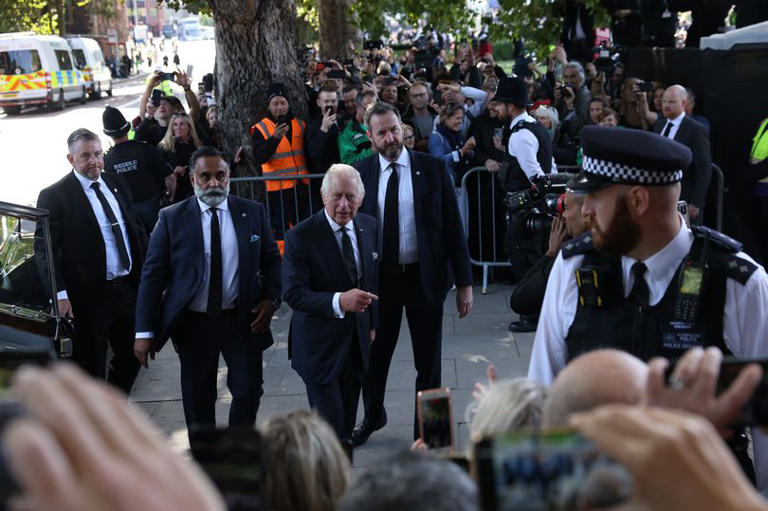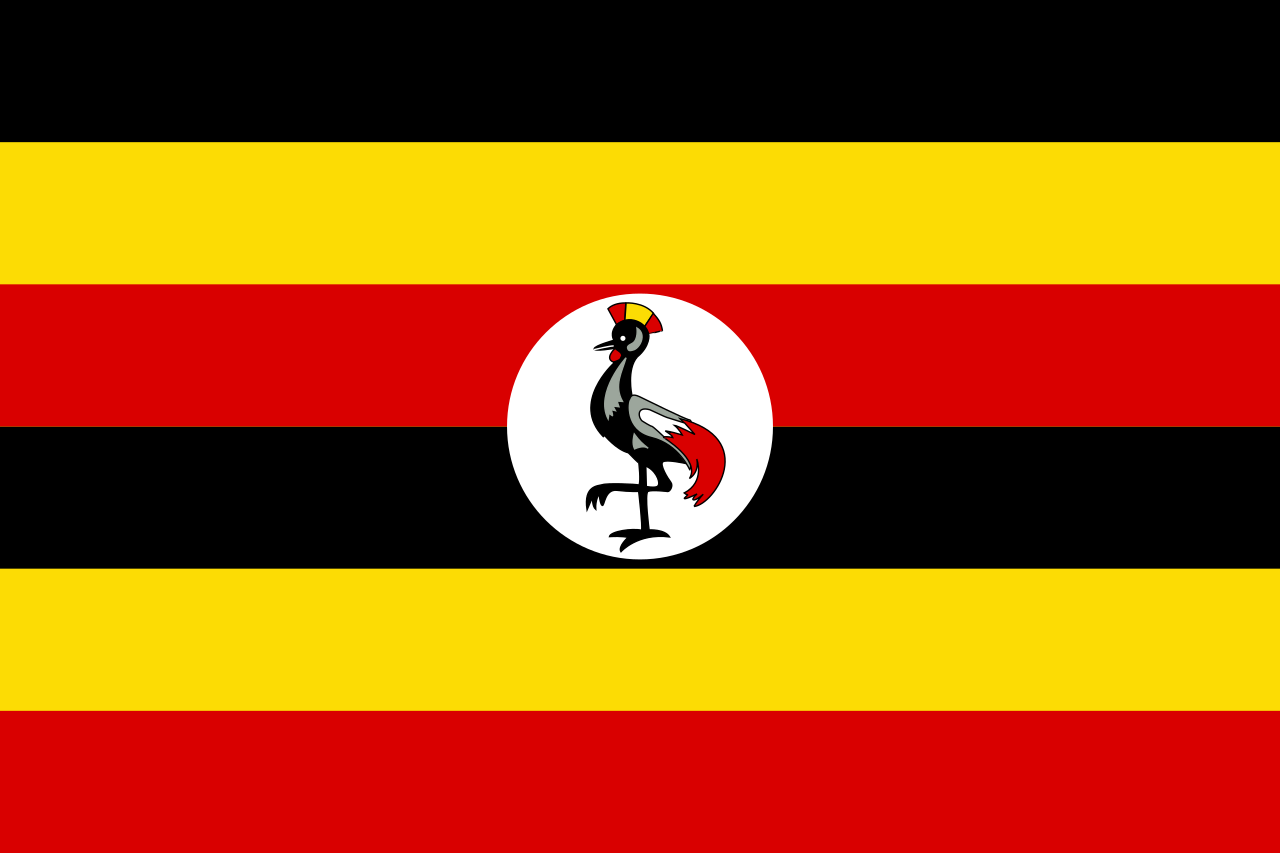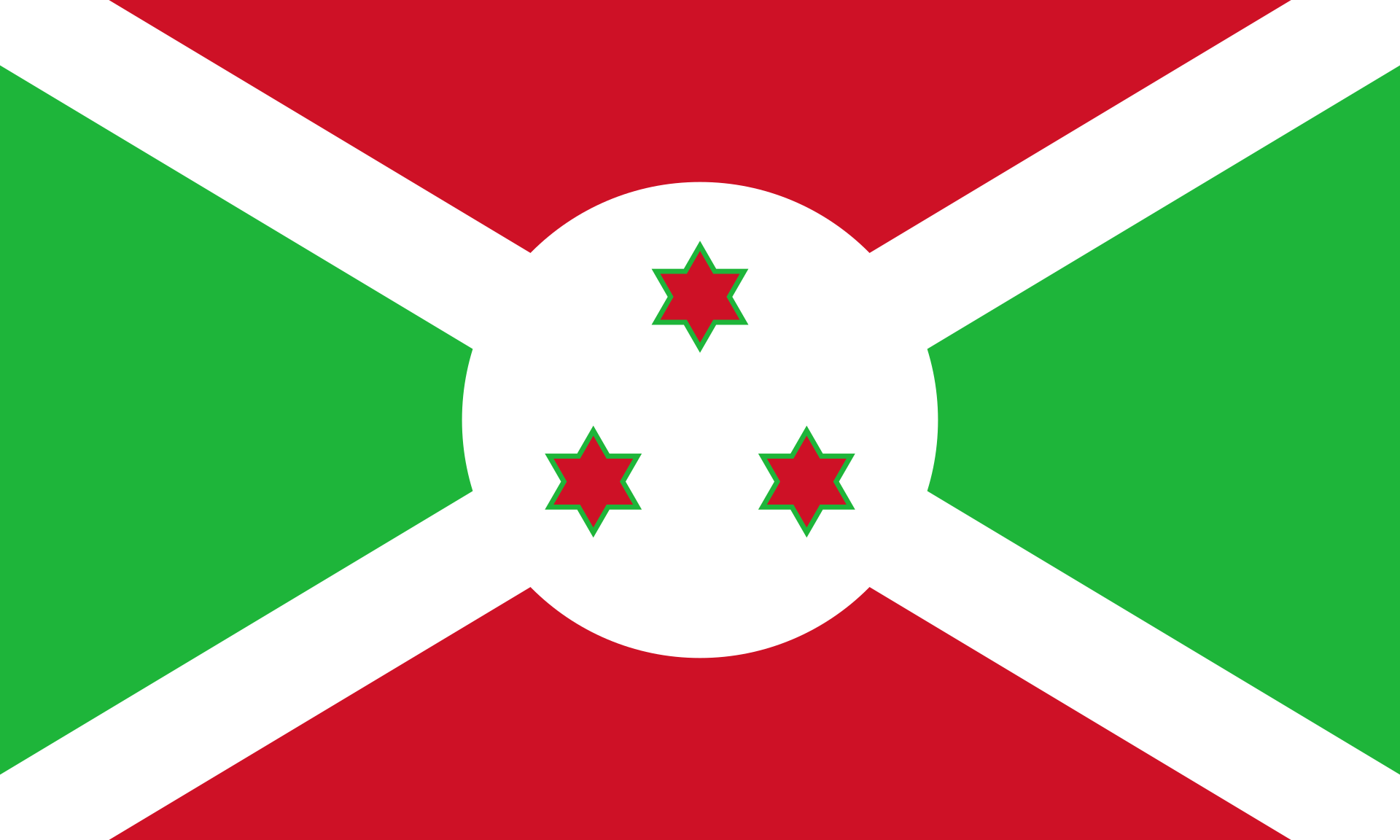One commenter on the video said: "That thing he's holding is a GUNbrella, not an umbrella", as the bodyguard shadowed Charles. The umbrella, black with a brown handle, was hooked over the bodyguard's arm as he watched over the King who shook hands with members of the public outside the gates of Buckingham Palace.
One TikTok user called him "The silent assassin", while another said: "I love him he needs to be the next James Bond ... such an amazing guy." Others have praised his slick appearance, with one person asking, "Does he give beard maintenance tips?" Another added: "He's so handsome! Complete gent".
Not only are people suspecting the umbrella is fake, some TikTok users are convinced that other members of Charles' security team are using fake arms and hands. Users have zoomed in on moments over the last few days where the bodyguards surrounding the King appear to have hands that look slightly inanimate.
Their still, unmoving arms suggest that perhaps there could be a weapon hidden underneath their coat. Many rumours like this have sprung up over the years.
The Queen's state funeral is due to take place today, September 19 at 11am, with thousands of military personnel marching in a procession to walk the Queen's coffin from Westminster Hall to Westminster Abbey. A two-minute silence will also be held at 12pm, after which Her Majesty will be taken to Windsor Castle to be laid to rest. By Hannah Cottrell, My London








